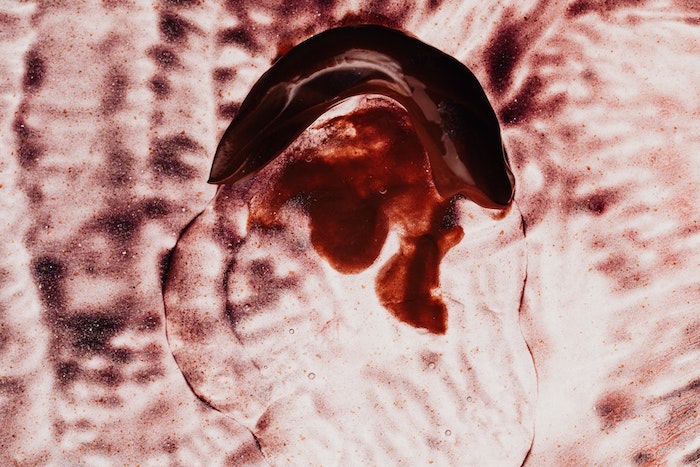Have you ever experienced spotting? Have you wondered whether it is normal or whether you should be concerned and visit a doctor? Being a woman is hard and can be so confusing! We are all different and sometimes it is hard to tell what is “normal” and what warrants concern. Let’s try and work out when spotting is nothing to worry about and when it should prompt a visit to a health professional.
What is spotting?
Spotting is the term we use to describe a small amount of vaginal bleeding. It is usually enough to need a panty liner or “light flow” period underwear (or nothing if you are wearing black underwear) but doesn’t warrant tampons, pads or menstrual cups. You might know what I am talking about (or you might not! And that is totally okay too!).
When is it “normal”?
For some people, a bit of spotting is a normal part of their cycle. The most common time to experience spotting is in the middle of your cycle, around the time of ovulation. This is usually only a small amount of blood and only lasts a day or two at most.
This being said, all spotting should be discussed with a health professional until you have been given an explanation. It is most likely nothing to worry about but because of the small chance that it might be caused by something that needs treating, it is always best to ask a doctor to check it out.
Spotting and hormonal contraception
Some people who are using hormonal contraception (e.g. the pill or an implant or Mirena) might notice some spotting every now and then. If you are on the pill, you might notice some spotting if you have taken several packets back to back without having a “period”. This is not a bad thing and doesn’t usually mean anything is wrong, it is just a sign that your body probably wants to shed the lining of the uterus (womb) and start again. Taking your pill free break (recommended 4 days but can be up to 7 to stop the packets getting confusing) should fix the spotting.
Side note: Period is in quotes above because the bleeding we experience when we are on the pill is actually called a withdrawal bleed. It is experienced the same way as a period though so we usually just call it that for ease.
Irregular bleeding is a known side effect of progesterone-only contraception (e.g. the injection, implant, “mini pill” or Mirena/other hormonal IUD). This is most common in the first few months and will usually settle into a pattern. It is recommended to give it at least 3-6 months to see how it will settle down. Everyone is different but most women will not have any periods or have regular periods. Some will find that the irregular bleeding/spotting persists and want to change to a different method of contraception. This is totally fine, not all contraceptives agree with everyone and your health professional will be able to discuss alternatives with you.
When is spotting something to worry about?
All of the above being said, it is always worth asking a health professional if you are worried about spotting. It may be that they are able advise you that the cause of your spotting is harmless and you don’t need to be worried but sexually transmitted infections (STIs), abnormalities on your cervix or in your uterus (womb) can also cause spotting. It is much less likely to be something concerning but it is always worth checking.
Same with bleeding after sex! Bleeding after sex should prompt a trip to a doctor for a check-up. Mostly likely it will be nothing to worry about, but until you have an explanation, it is worth checking.
So, I always need to ask a doctor?
The short answer is yes. If you are having bleeding in between your periods or after sex it should be discussed with a health professional. They will most likely be able to provide an explanation and reassure you but it is always worth checking.






